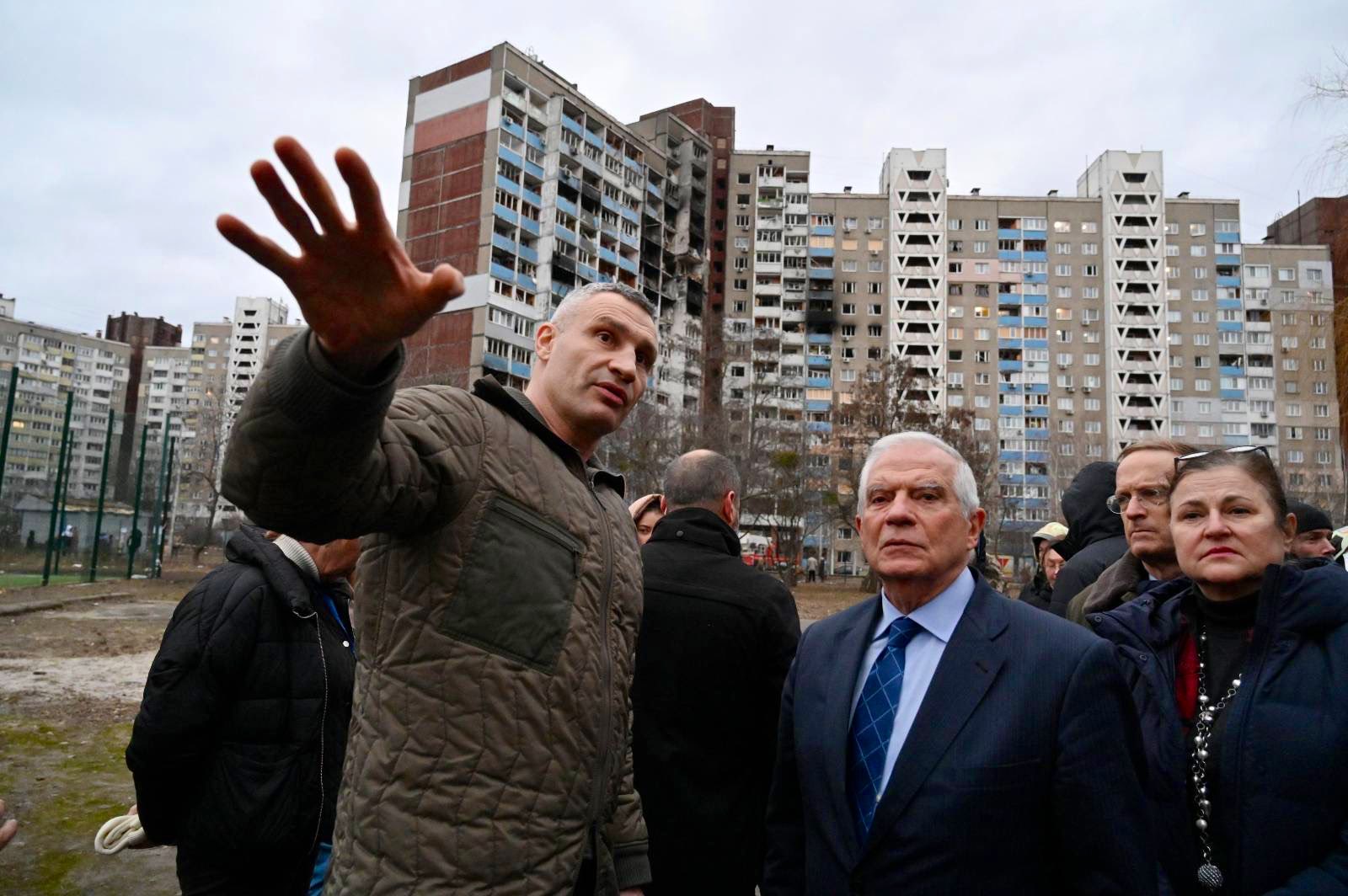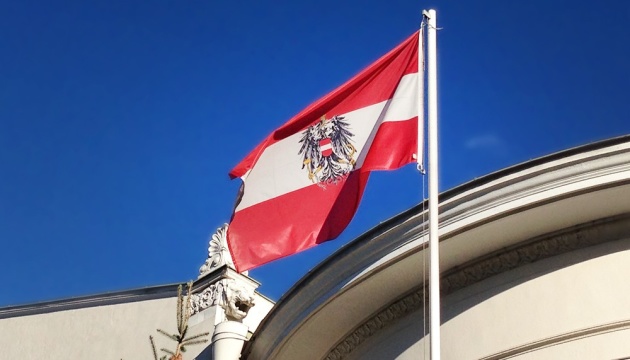As the war in Ukraine enters its third year, governments, executives, and investors are already positioning themselves for what the European Investment Bank estimates could be a more than $1 trillion reconstruction effort.
According to Bloomberg, this would be "more than five times as big as the US-funded Marshall Plan that powered the industrial renaissance in Europe following Germany's defeat" in World War II, when adjusted for inflation.
Despite the ongoing fighting and recent Ukrainian setbacks, a growing number of companies are gradually increasing their presence on the ground in anticipation of this massive investment opportunity, the media agency reports.
Turkish companies like Aksa Power Generation and Onur Group are restoring bridges, roads, and providing energy generators and mobile hospitals. "Everyone is building their circles," Salih Komurcu, Aksa's representative in Kyiv since November, told Bloomberg. "I want to be in the middle of it, among the people who were here in advance — and knowing everyone."
German and Austrian companies are also planning ventures in infrastructure and defense. Rheinmetall AG announced plans to set up a venture in Ukraine to produce artillery ammunition, while Waagner-Biro Bridge Systems has started some production at a site in western Ukraine. CEO Richard Kerschbaumer said last year that "there will be plenty of work for decades."
However, the shape of a future Ukraine remains uncertain, as about 18% of the country is currently occupied by Russian forces, and millions of citizens are internally displaced or have fled abroad.
Mustafa Nayyem, head of Ukraine's State Infrastructure and Reconstruction Development Agency, told Bloomberg that "We have a chance to rebuild better than it was in the USSR. A kind of a machine that will work — confident and transparent — when the funds come."
While competition for contracts will be fierce, Turkish companies hope their experience working in countries that have struggled with conflict or corruption will give them an advantage. Budapest-based Ganz-Mavag has also cited the Ukrainian reconstruction as a rationale for bidding to buy Spanish train maker Talgo SA to scale up capacity for Eastern European demand.
The European Bank for Reconstruction and Development, which has provided €3.8 billion in financing for Ukraine since the war started, emphasized that the focus should not only be on money but also on people. "Many people think in terms of 'the war will end and ...,' but we do not know when it will end," Nayyem said. "And even when it ends, what shall we do with such a neighbor? We will definitely need a long time to restore territories that were liberated or on the front line."
Related:
- Denmark allocates $1.45 mn for Ukraine's reconstruction.
- Ukraine, Japan sign 56 documents on reconstruction.
- World Bank: Ukraine's recovery costs rise to $486 billion.
- Japan reportedly pledges $106 million in reconstruction.
- VOA: US, allies propose diverse strategies to confiscate Russian assets for Ukraine's reconstruction.
- Lithuania to invest over $1 million in reconstruction projects.





